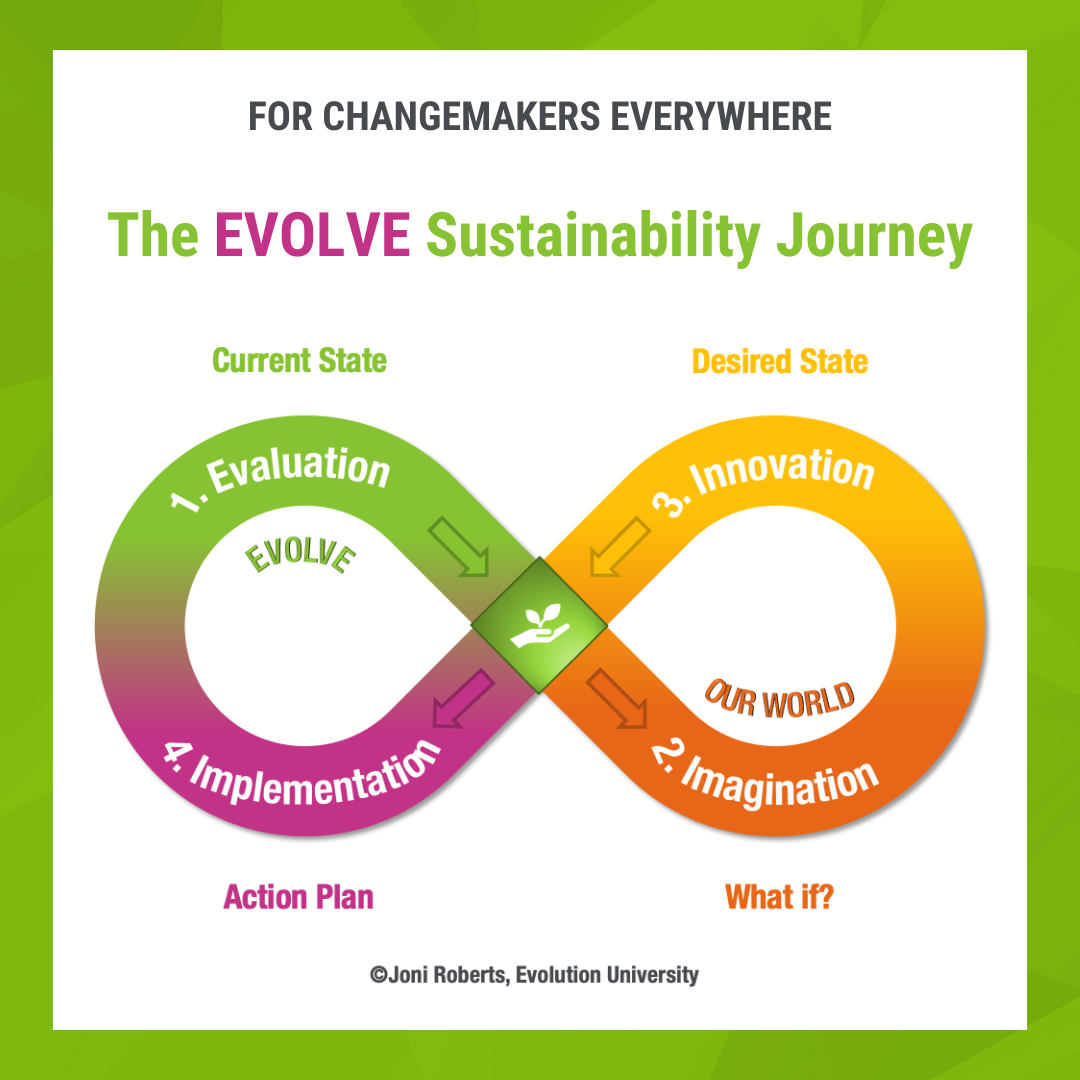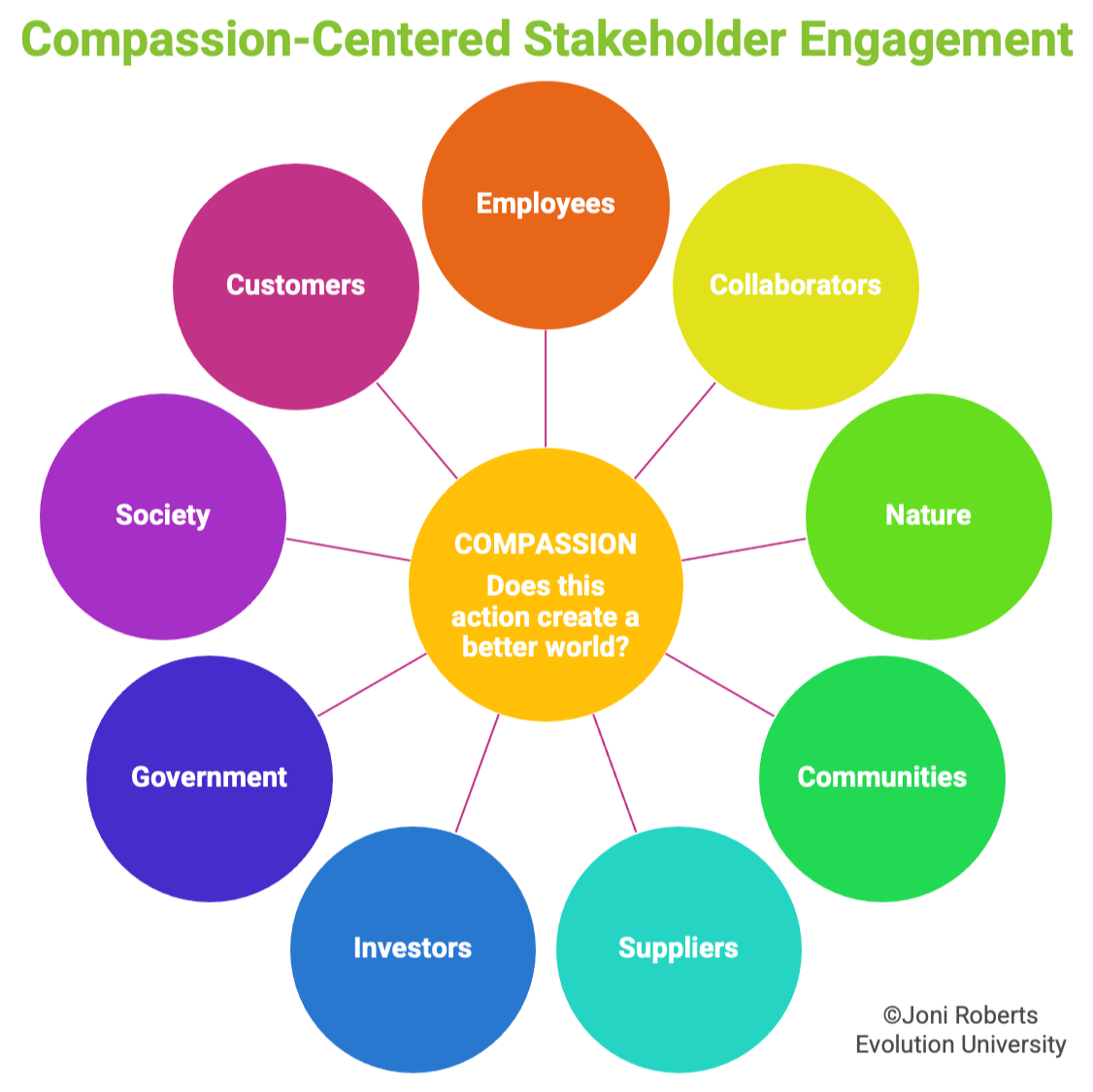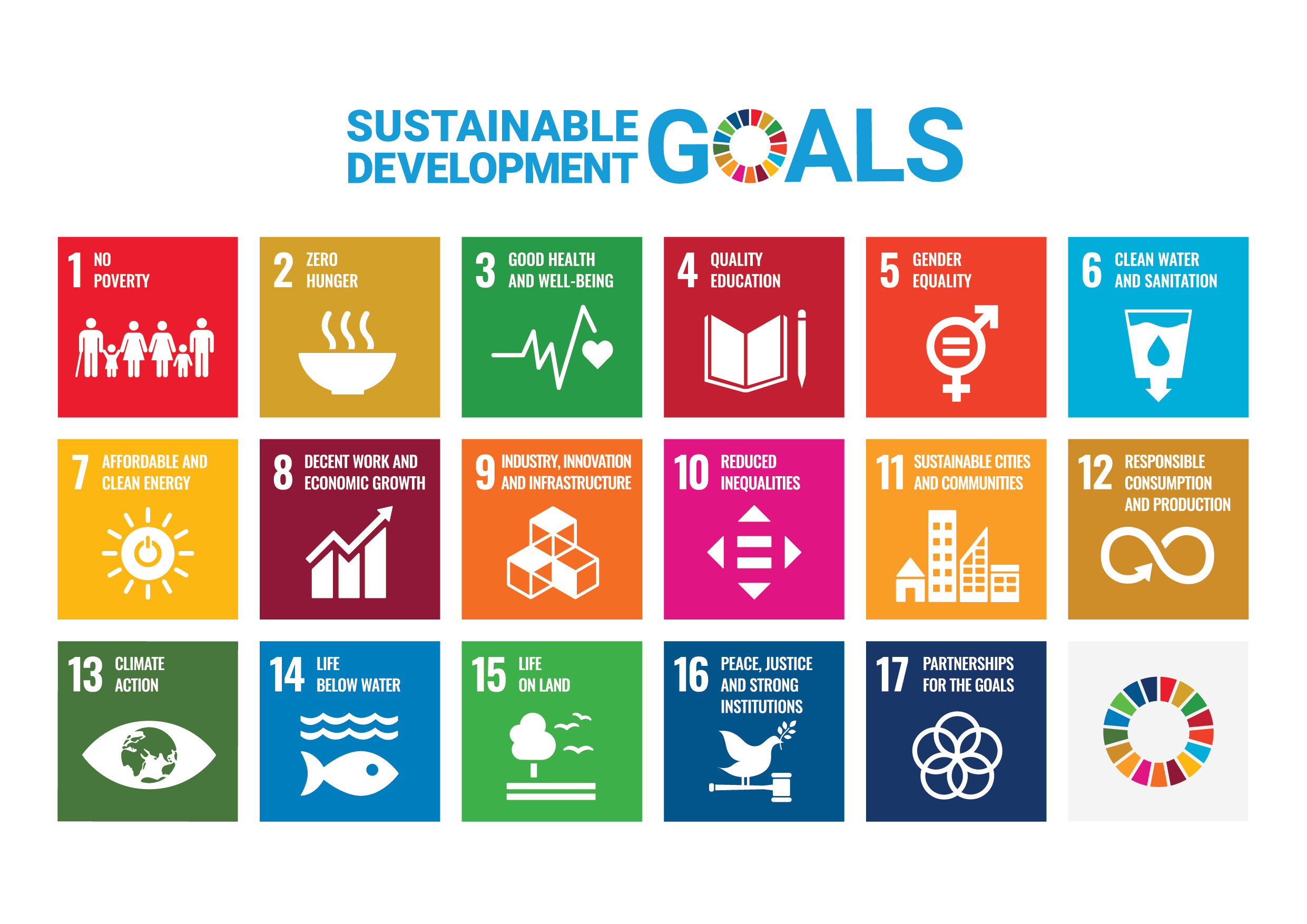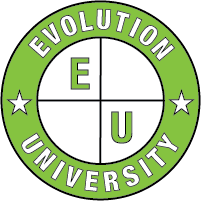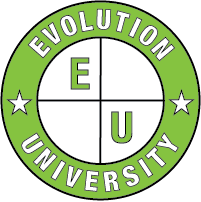We are living through a time of great transformation where we are tasked with imagining how we can live in harmony with nature and one another. The path we've been on, especially in the past 60 years of consumption-driven economics, is stressing the planet and causing global crises related to pollution and degradation of our air, land, water, forests, ecosystems, and societies.
To overcome these issues, we are in the process of developing an evolving design of commerce where people and the planet thrive in the process of creating and consuming products and services. This requires different skillsets and ways of thinking and being than any other time in the history of humankind. We need to harvest the best of everything we know, undo the worst practices affecting people and the planet, and create a future that is brighter for everyone.
Our learning journeys are designed to upskill individuals and workforces to become sustainability leaders who identify and solve problems for people and the planet while building purpose-driven organizations that create value across all stakeholders. Leaders who take bold action and influence others to adopt new ways of being that create a cleaner, greener, more beautiful, and prosperous world.
Top Skills for Today and the Future
Our learning journeys align with the latest research on core skills and competencies in demand today and the future.
The Five Sustainability Mindsets
We've identified the top mindsets representing attitudes, beliefs, and behaviors for sustainability leaders and teams.
The Five Cognitive Skillsets
Representing the critical skills needed to think differently to solve today's social and environmental challenges.
Unique Tools and Frameworks
We believe our unique tools and frameworks, when combined with global goals and standards, can change the world.

Uplevel Skills
Evolution University's courses map to the top skills and competencies for today and the future. According to the World Economic Forum's (WEF) Future of Jobs Report for today through 2030, the most important skills are those that empower people to be agents of change. This is radically different than previous reports that were more focused on specific job roles than the qualities of thinking and being. The following list of skills represents ones that are developed in our courses today and includes 21 of the top 25 WEF skills, and expanded to 32 to address additional skills related to sustainability leadership.
-
Analytical thinking
-
Awareness of self and others
-
Communication and authentic connection
-
Compassionate action
-
Conflict Resolution
-
Creative thinking
-
Curiosity and lifelong learning
-
Dependability and attention to detail
-
Design and user experience
-
Empathy and openly listening
-
Emotional intelligence
-
Entrepreneurship
-
Environmental stewardship
-
Ethics and moral responsibility
-
Global Citizenship
-
Innovation
-
Leadership and social influence
-
Motivation of self and others
-
Peacebuilding and nonviolence
-
Purpose-driven leadership
-
Quality control
-
Resilience, flexibility, and adaptability
-
Resource management and operations
-
Sensory processing abilities
-
Service orientation
-
Social stewardship
-
Stakeholder engagement
-
Storytelling, reading, and writing
-
Talent management
-
Teaching and mentoring
-
Teamwork and collaboration
-
Technical literacy
In 2022, Microsoft and Boston Consulting Group released their talent and skills reports, a culmination of intensive research into 15 companies on the forefront of sustainability innovation and change. The research identifies a global skilling crisis for cognitive competencies represented by systems, circular, futures, and design thinking, where Evolution University adds strategic thinking to the set.
-
Systems thinking
-
Circular thinking
-
Futures thinking
-
Design thinking
-
Strategic thinking
Inner Development | outer expression
Evolution University's sustainability curriculum is grounded in mindsets that represent attitudes, beliefs, and skills that need to be developed within ourselves and demonstrated through actions, behaviors, and decision-making. These mindsets are integrated into our educational offerings, showing what is valued within ourselves and manifested in the outer environments.
In 2020, our founder, Joni Roberts, identified five mindsets that help us imagine and take action to achieve sustainability: global, compassion, abundance, growth, and changemaker. These mindsets were cultivated and taught for 15 years as a business professor across diverse courses from leadership and organizational behavior to innovation and sustainability to global strategy. The mindsets map to the top skills and competencies needed for sustainability leaders as well as those they influence throughout organizations, within communities, and across supply chains.

